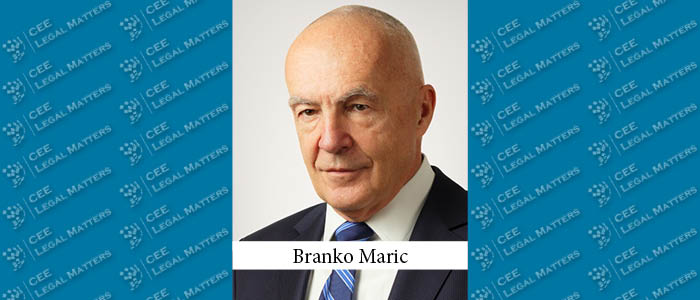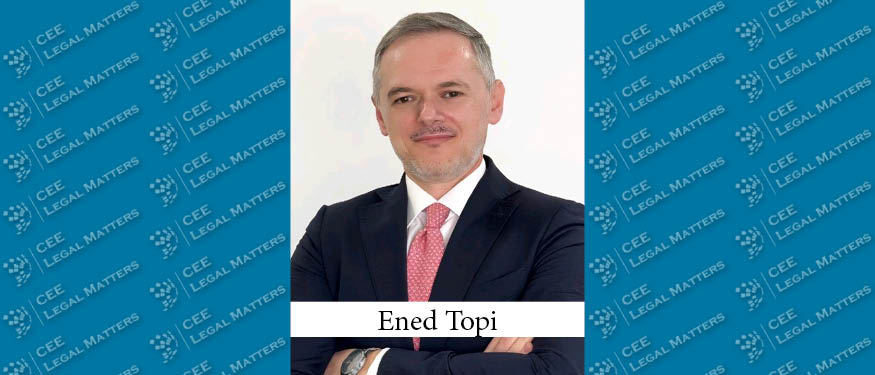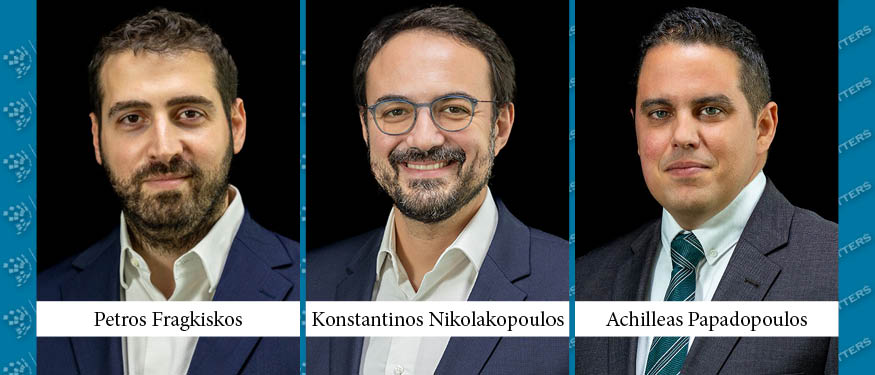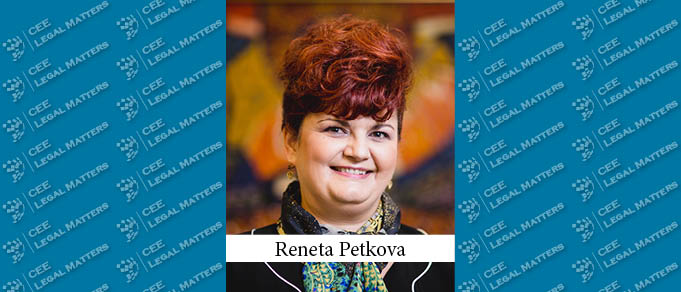An in-depth look at Branko Maric of Maric & Co covering his career path, education, and top projects as a lawyer as well as a few insights about him as a manager at work and as a person outside the office.
Career:
- Maric & Co; Senior Partner; 2024-present
- Maric & Co; Managing Partner; 1971-2023
Education:
- University of Sarajevo, Faculty of Law; Graduate Jurist (dipl.iur.); 1970
- University of Belgrade, Faculty of Law; LLM; 1975
Favorites:
- Out-of-office activity: Skiing, hiking through forests, and mushroom picking
- Quote: Rolling stones gather no moss
- Book: Crime and Punishment by Fyodor Dostoyevsky
- Movie: Pulp Fiction
Top 5 Projects:
- Advising on local aspects of the Agrokor/Fortenova restructuring;
- Advising state electrical company Elektroprivreda BiH Sarajevo on the EUR 700 million loan from the Chinese investment bank CEXIM in relation to the construction of the Blok 7 thermal power plant;
- Advising Porsche on an asset deal with ASA and its market entry into Bosnia and Herzegovina;
- Advising on the reorganization process involving the separation of production, transfer, and distribution of electric energy and water management of the consortium led by IPA Energy Consulting, involving the transformation of the entire energy sector in BiH, as a result of which the initial operations of the ISO (Independent System Operator for the Transmission System in BiH) and Transco (Electric Energy Transmission Company of BiH) were established;
- Advising Turkish Airlines on setting up a joint venture with the Government of FBH and establishing a BH national airline.
CEELM: What would you say was the most challenging project you ever worked on and why?
Maric: Maric & Co operates in one of the most challenging jurisdictions in the world. Simply put, there is no other country as small with such a complicated legal and political system as Bosnia and Herzegovina. Just imagine a country of 3 million people where regulations are made at the state level, at the level of political entities, and at the level of cantons, without a state-level Supreme Court, thus resulting in quite inconsistent judicial practice. This undoubtedly poses a huge problem in everyday business, carrying significant risks, but also offering the opportunity to make a difference compared to other lawyers attempting to practice in Bosnia and Herzegovina.
This was best demonstrated in one of the largest deals we have recently been involved in: the restructuring process of the Croatian conglomerate Agrokor, which had a highly developed business in Bosnia and Herzegovina. We were not involved in this process from the beginning, and as a first step upon getting a mandate, we received a pre-prepared restructuring plan to provide comments on. To the great surprise of the client, the only comment was “the plan is entirely unfeasible.” It was crafted based on the opinion of another relatively renowned law firm which, simply by reading the law, concluded that the conversion of claims into equity was possible. While such an opinion could be formed by solely reading the law, the problem lies in the fact that the court tasked with deciding on this matter interprets the law in a completely different manner, and a restructuring based on the opposite stance simply could not be executed.
When asked about the biggest deals we’ve worked on, I must say I never engage in their ranking. For me, the biggest deal is always the one I’m currently working on; all others fade, remembered only by what was perhaps new or specific to them. Currently, my largest deal is representing the EBRD in financing the construction of the largest photovoltaic power plant in Bosnia and Herzegovina. It involves not only financing, the arrangement of relations with other creditors, and the creation or control of financial documents but also comprehensive instructions to the borrower on how to resolve land ownership issues for construction, obtain all permits, and regulate relations with the equipment supplier in order to secure valid collateral. This is now the biggest deal, but tomorrow it will be financing the construction of a highway in the Republic of Srpska (a political entity within Bosnia and Herzegovina) by a Chinese investor, a deal we just secured.
CEELM: And what was your main takeaway from the Agrokor matter?
Maric: The lesson from this story is very clear. In order to provide reliable advice, it is essential to have a sufficient number of specialized lawyers who not only understand the regulations and consistent judicial practice but also the differing views of individual courts. Conducting practice with just one or two lawyers, possibly supported by a lawyer from the parent company abroad, simply poses a risk to the client because you never know when you might slip up. Therefore, I consider the concept developed in the SEE Legal group, of which we are a member for Bosnia and Herzegovina, to be exceptional. This group consists of one leading firm from each country in the Balkan region, eliminating the need to venture into practicing law in another country. Instead, you can rely on a law firm that fully understands the legislation, judicial practice, and relevant state bodies.
CEELM: Name one mentor who played a big role in your career and how they impacted you.
Maric: I have never had a mentor in the true sense of the word. I was the top student in my class and the first in my class to graduate from college, but I never attended lectures or had consultations with any of the professors. When I started working as a lawyer, I gathered knowledge from my father (who was also a lawyer) and his colleague because nobody offered me that knowledge; I only obtained it to the extent that I sought it. Perhaps this is a harder way to acquire knowledge, but it has one advantage: it develops critical thinking. You don’t adopt others’ opinions and templates for solving problems; instead, you deeply analyze them and find your own solutions. Nowadays, obtaining templates for any kind of document is not a problem, and applying them may be sufficient in some cases, but eventually, everything comes to fruition. For example, I once worked on a simple sale of shares in a BiH company while my local colleague worked for a larger foreign company. They even had standard template objections to the draft contract submitted by the seller and standard objections submitted by the buyer. Since that colleague wasn’t quite clear on what those standard objections meant, in the official negotiations, he presented the seller’s standard objections instead of the buyer’s, so I had no choice but to say, “Colleague, you are absolutely right; I accept all objections.”
CEELM: What is the one piece of advice you’d give yourself fresh out of law school?
Maric: My advice to all beginners would be to think and think outside the box. If you use a template, think about what each provision means and what its purpose is, even if they are sometimes drafted by the greatest legal minds, and consider whether a better solution can be found.
This article was originally published in Issue 11.4 of the CEE Legal Matters Magazine. If you would like to receive a hard copy of the magazine, you can subscribe here.

























